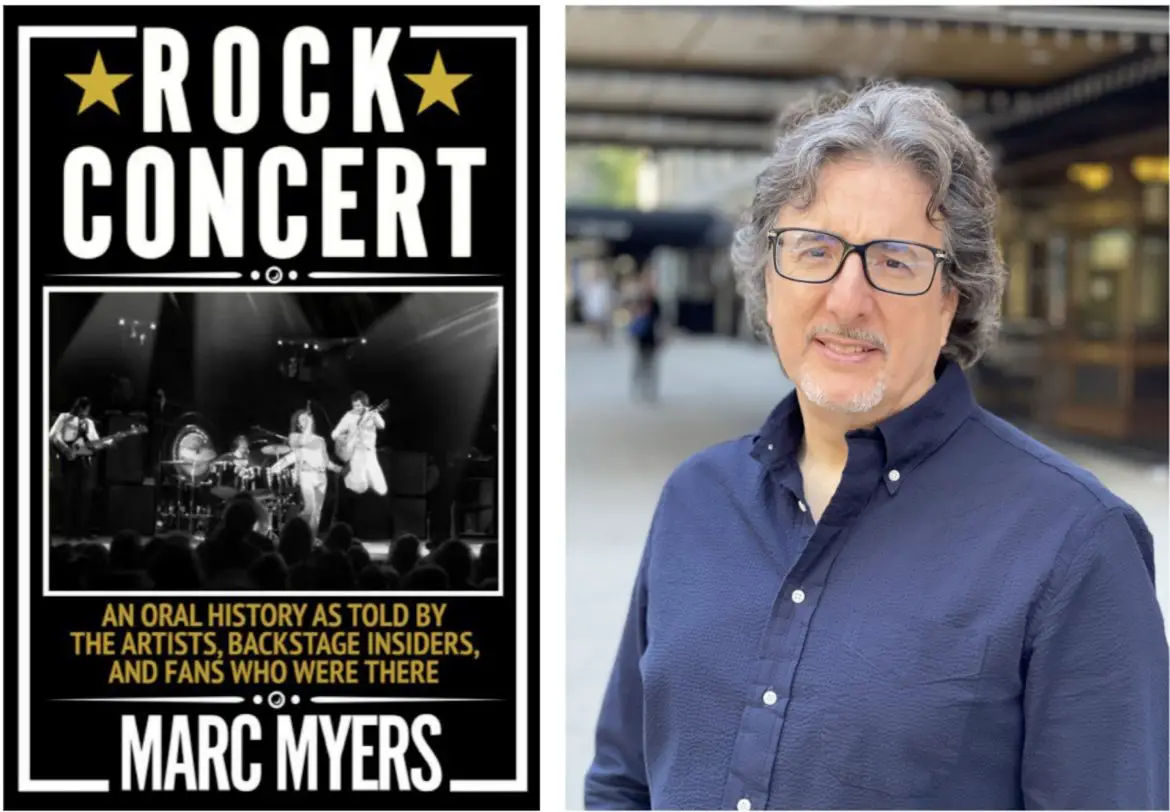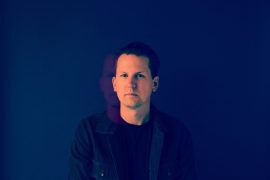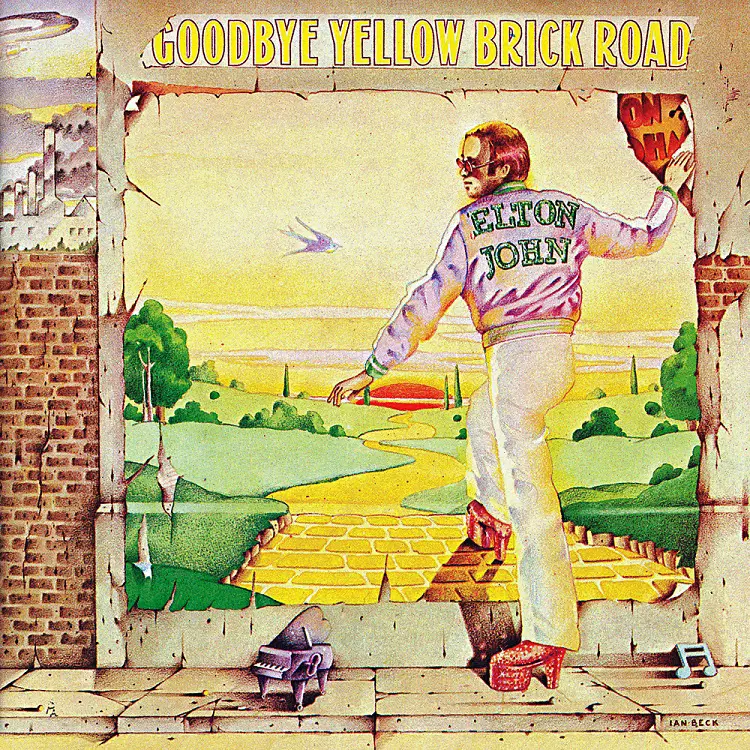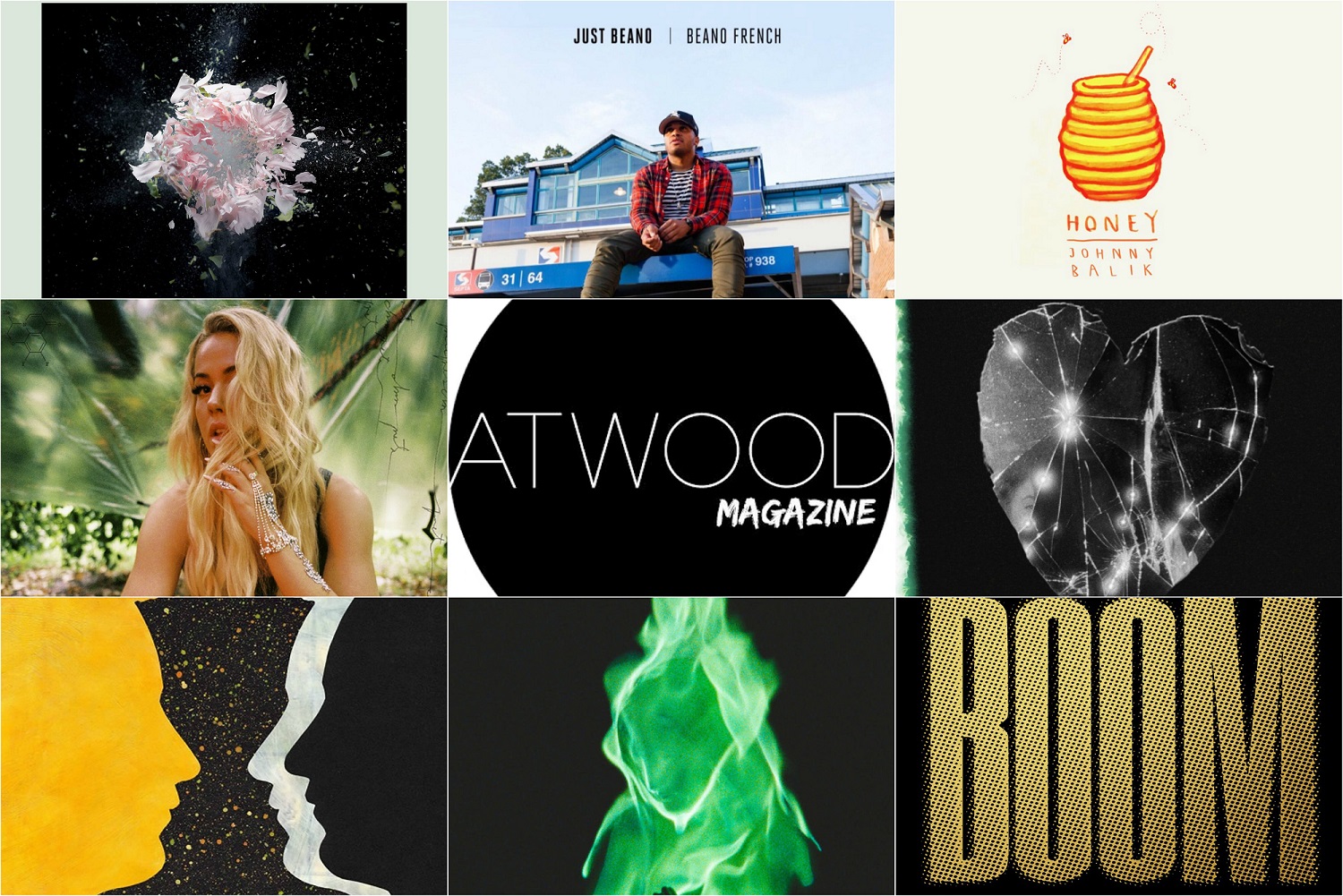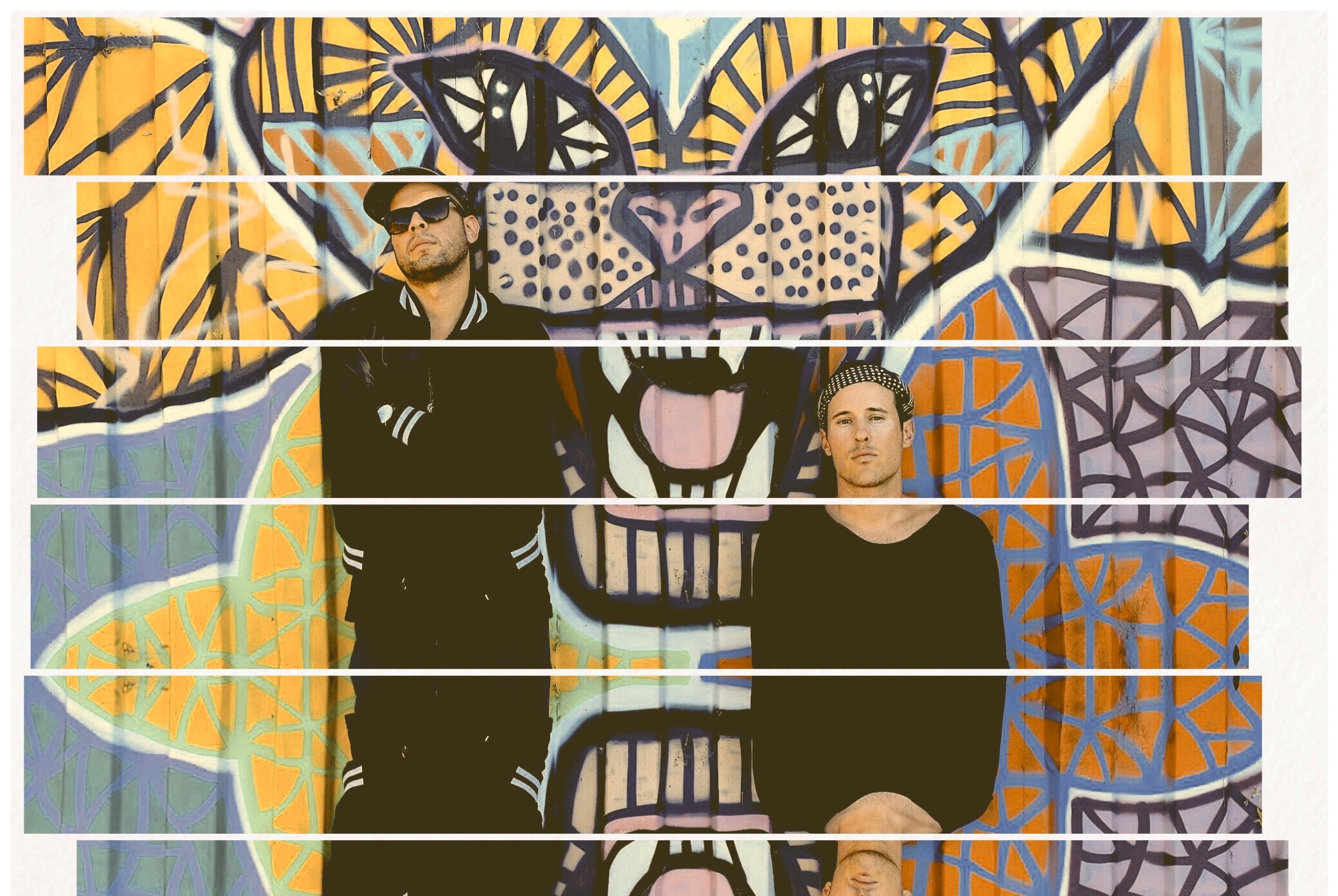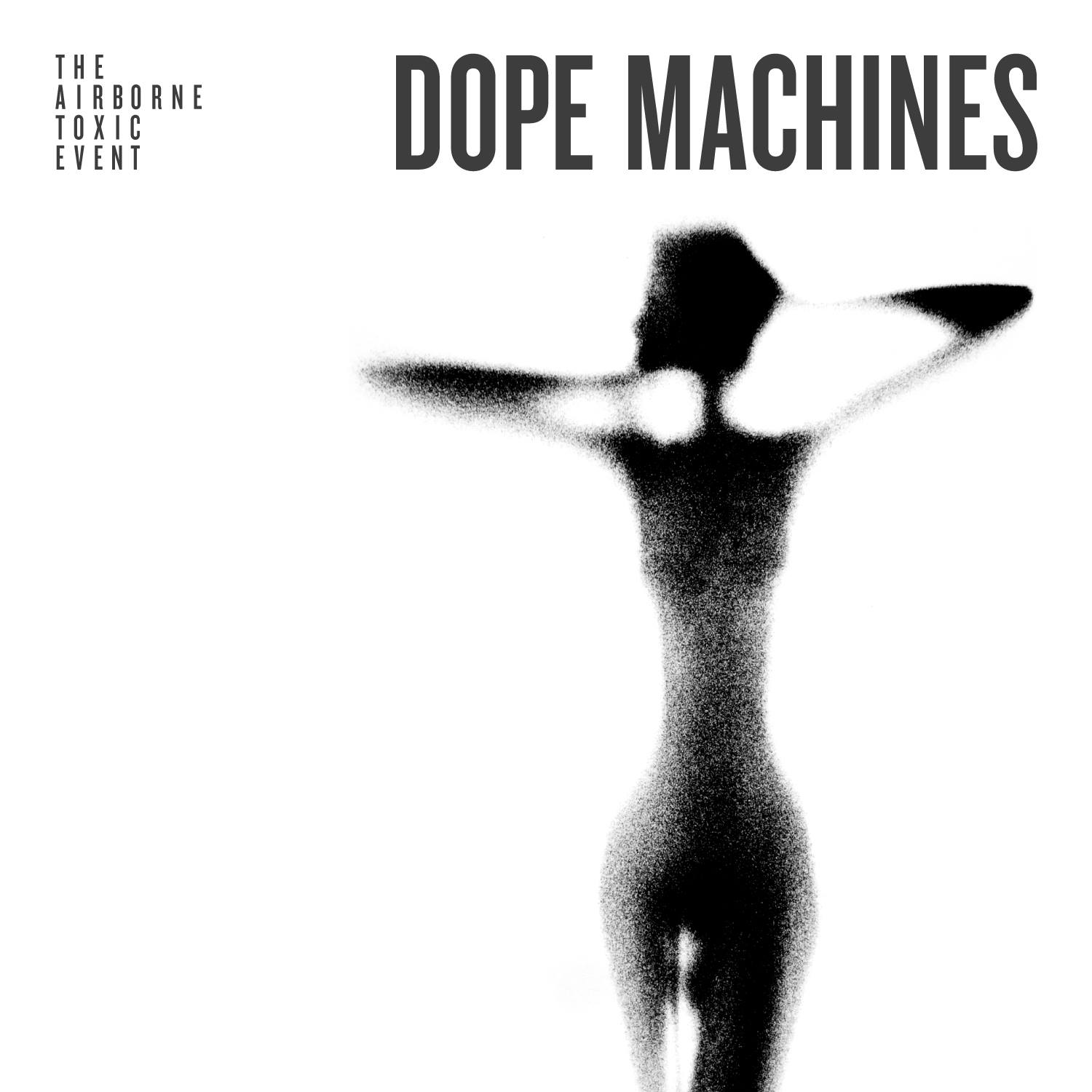Marc Myers shows the birth, rise, and commercialization of live music in ‘Rock Concert: An Oral History As Told By The Artists, Backstage Insiders And Fans Who Were There.’
— —
Music history states that the 1960s and ‘70s are a time of great creativity and social upheaval. Great bands arose, musical movements blossomed and anything felt possible, resulting in flowers, colour, and a cultural explosion that still rattles today. What is less considered, but potentially more impactful, is the fact that this era laid the foundations of the live music business we have today.
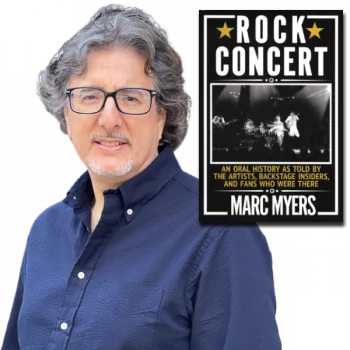
Marc Myer’s new book, Rock Concert: An Oral History As Told By The Artists, Backstage Insiders And Fans Who Were There, captures this formation. When Myers’ book opens, there are no electric guitars in rock’n’roll music. Concerts are held in clubs, or halls. The idea of an outside festival would be laughed out the room. 311 pages later, the crowd is heading home after Live Aid and the corporatization of rock concerts is fully underway. What happens in the four decades in between is the interesting part.
The structure of oral histories makes them useful but also dissatisfying. Hearing directly from primary sources that were in the mosh pit offers invaluable look into an era we can’t visit and authors struggle to capture. But iffy memories, bruised egos and fossilized grudges often make it distorted, creating a blurry image of major epochs. While Myers puts in stop-gaps to counter these issues—many voices, his own context—ultimately it’s a problem with the form.
Where the book really excels however, is Myer’s ability to understand what the key moments are and hone in on them. He covers the obvious ones such as Woodstock and Dylan going electric, but also more obscure events that player a huge role: Ticket sales become electronic for example, or the light shows and pyrotechnics that grew out of bands needing help entertaining crowds in huge arenas. Even the development of headsets for stagehands is covered. Most of us only know this as the norm, so understanding the need it filled and its impact is illuminating.
Confusingly, the best parts of Rock Concert are also its driest: When it discuss the crucial role of technology in the growth of the concert business. The reason for the lack of outdoor festivals or impressive stage set-ups in the 1950s wasn’t no imagination, but a dearth of tools to pull it off. Even the first outdoor shows struggled—Dylan’s electric debut at the Newport Folk Festival was marred by horrendous sound, for example. Only as acts such as The Who and The Grateful Dead starting pushing the boundaries did the technology catch up: Walls of amplifiers that actually sounded good became paramount, smoke machines, moving stages and light shows kept the crowd entertained when the tiny band on the huge stage could not. It’s not the most intriguing subject matter, but it explains to how we ended up where we are today.
Myers offers an in-depth peak into a side of the music industry we’re all familiar with, but have never think of. Rock Concertis a valuable resource that overcomes its limitations—and occasionally technical subject matter—to explain how the 1960s did more than spread love, it created our modern concert world.
— —
:: stream/purchase Rock Concert here ::
— — — —
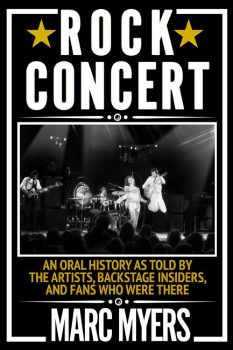
Connect to Marc Myers on Twitter
Discover new music on Atwood Magazine
? © Marc Myers

